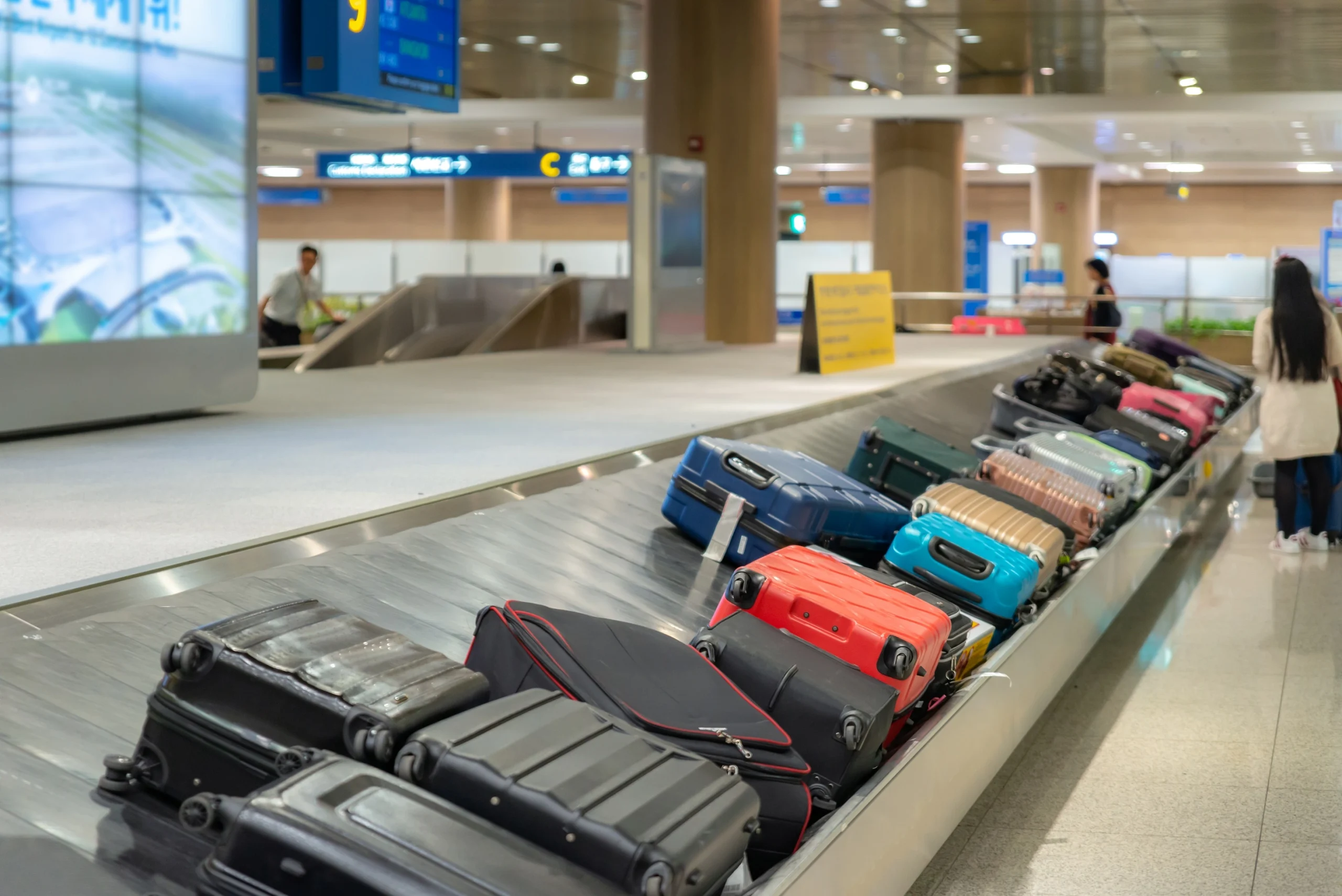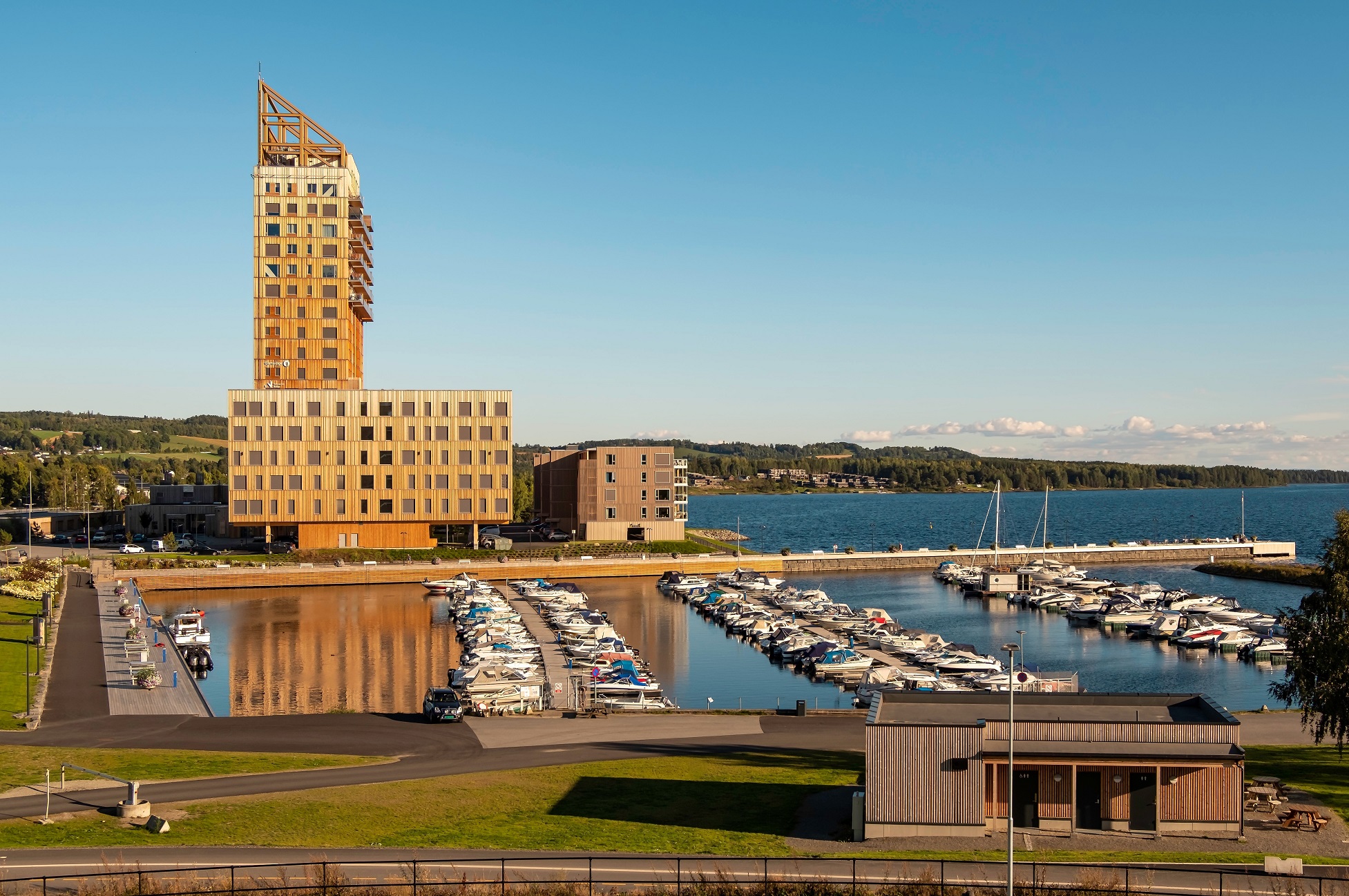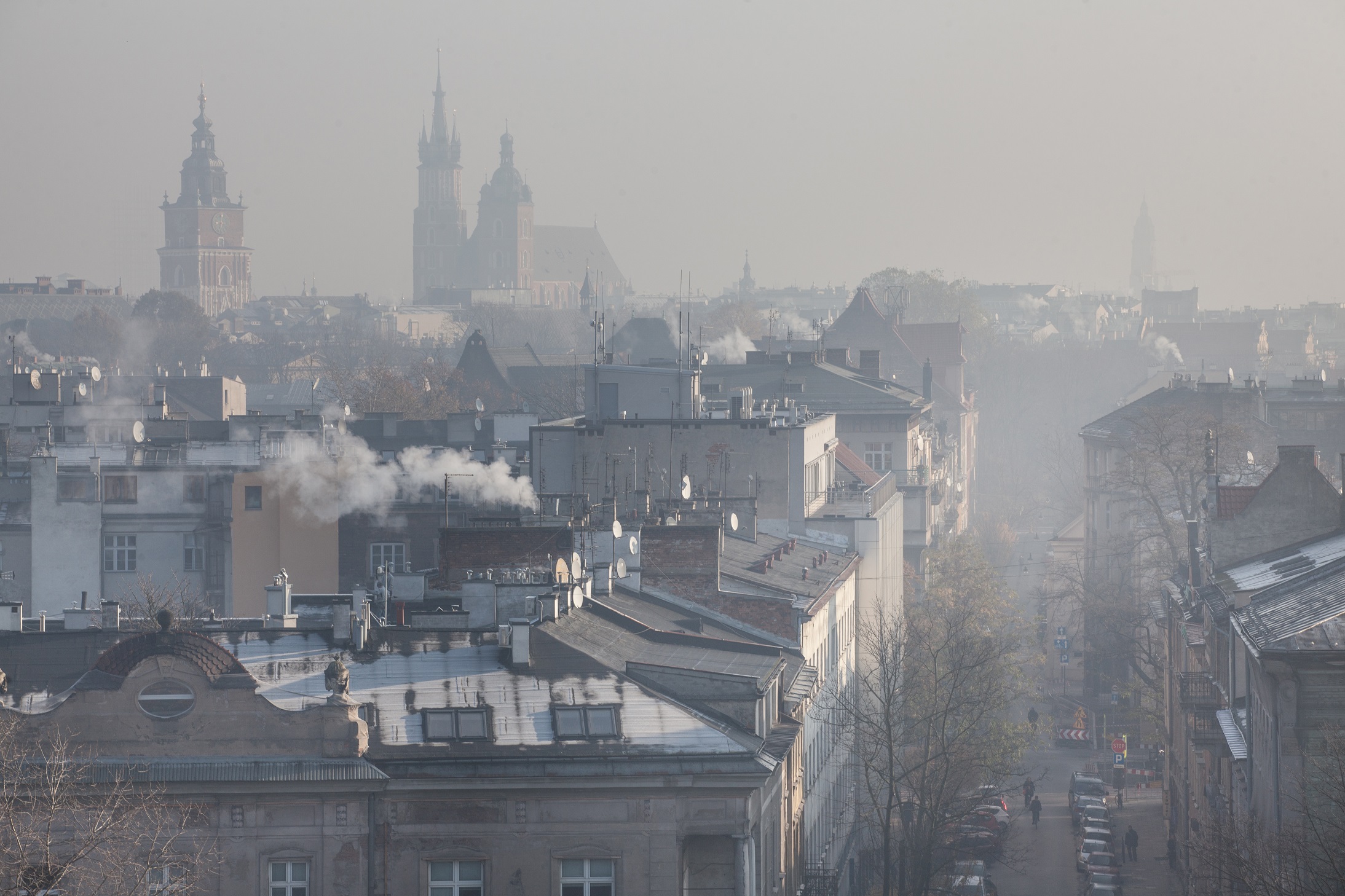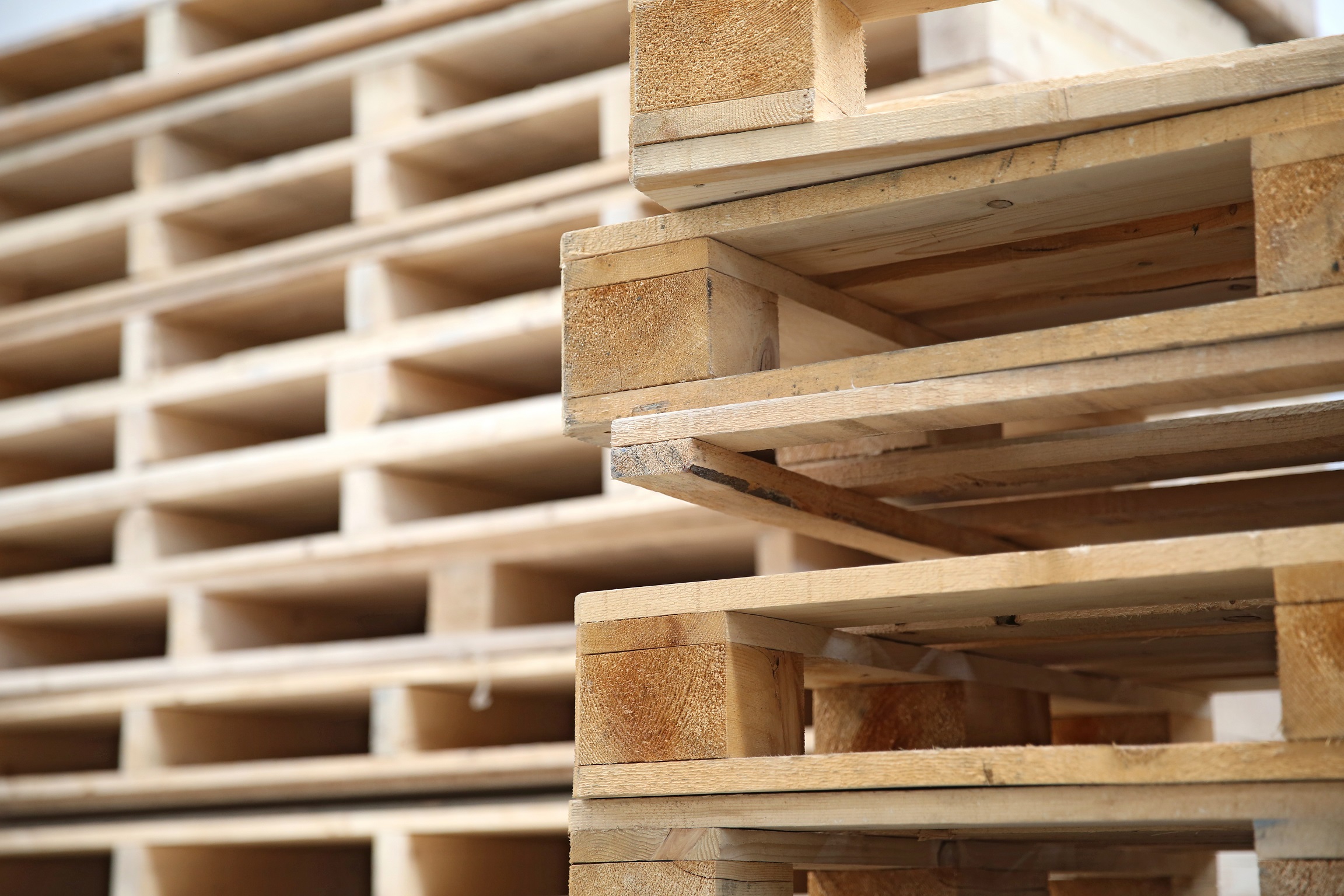Deposit-refund system: how does it work?
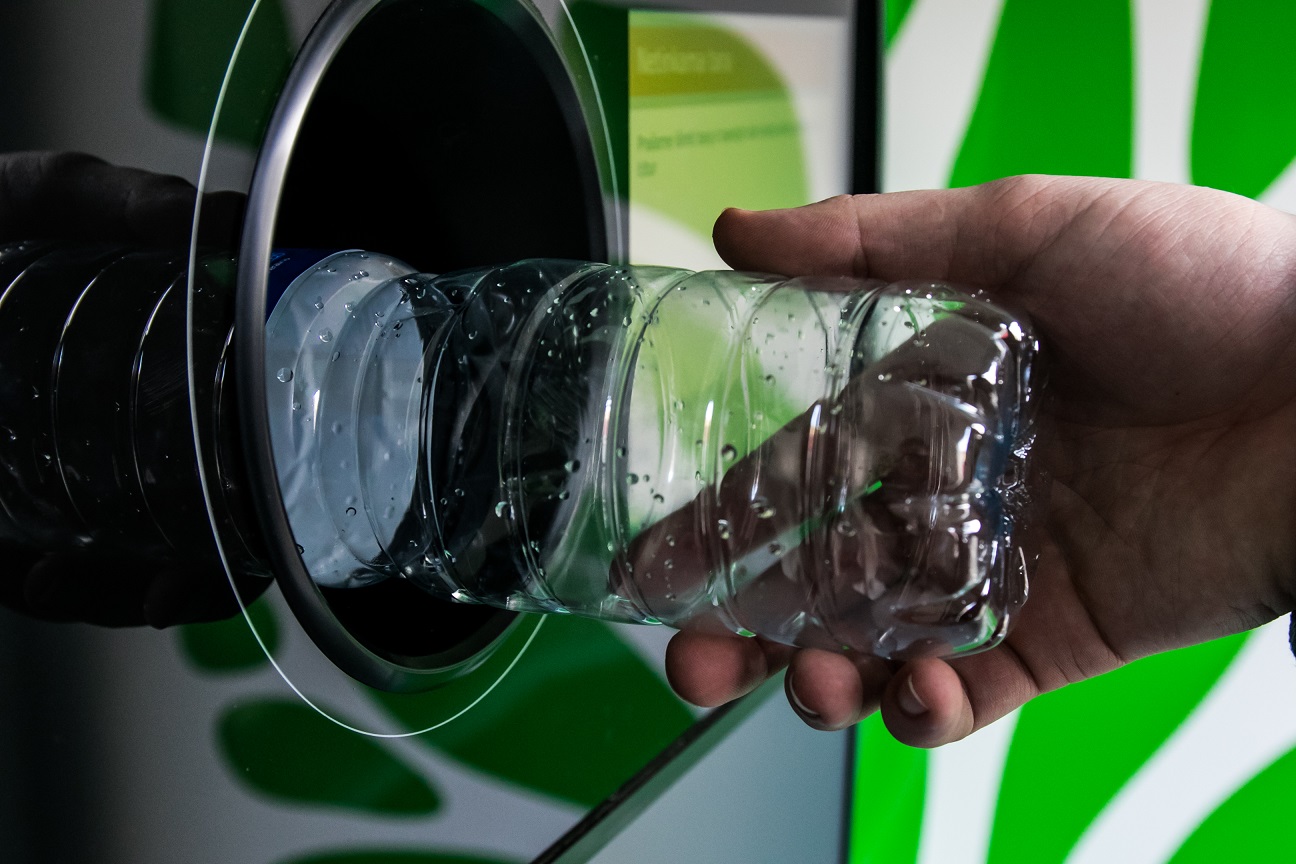
Starting from the new year, the deposit-refund system will come into force in Poland. How will it work? What does it mean for consumers? What contribution does Łukasiewicz – Poznan Institute of Technology make to its creation?
After 1 January 2025, if we buy a beverage in a glass bottle of up to 1.5 litres, a plastic bottle of up to 3 litres or a metal can of up to 1 litre, a PLN 0,5 deposit will be added to the price. This will be refunded if we return the bottles or cans to a collection point.
A collection point can be, for example, a shop, especially because all shops with a surface area of more than 200 square metres will be obliged to collect used packaging. Smaller shops can join the scheme voluntarily.
No deposit will be paid for single-use bottles, such as small bottles or non-returnable beer bottles.
What does the plastic directive say?
The introduction of the system is linked to the implementation of the EU’s SUP (single-use plastic) directive, adopted in 2019. Its aim is to prevent waste from single-use plastic products and reduce their negative impact on the environment.
It is the SUP directive that has already led to the withdrawal of plastic cutlery, plates, straws, drink stirrers or chopsticks, as well as meal and beverage containers and cups made of polystyrene. It imposed charges for the dispensing of disposable food and beverage packaging. It has also mandated the use of permanently attached plastic caps and lids on packaging (this comes into force on 1 July 2024).
How much waste does the average Pole produce?
According to the Statistics Poland (GUS), 13 420.3 thousand tonnes of municipal waste were produced in Poland in 2022. 86.3 per cent of this came from households. The average Pole throws away 355 kg of rubbish every year (in comparison, the statistical European throws away 530 kg).
Of these 13.4 million tonnes, 8.1 million were mixed waste, disposed of in coloured bins.
3.5 million tonnes were sent for recycling. This is 26.7 per cent of all waste collected.
The obligation to segregate waste has been in force in our country since 1 January 2020. As waste management is the responsibility of municipalities, it fell on them to achieve certain recycling levels. This is the ratio of the mass of municipal waste prepared for reuse and recycled to the mass of municipal waste generated. Every year it is higher. In 2022, the year from which the Statistics Poland data comes, it was 25 per cent by weight. A year later it was already 35 per cent, this year it is 45 per cent. In 2025, the recycling level will be 55 per cent.
This poses a problem for many municipalities. There are financial penalties for failing to achieve the appropriate level. The Provincial Inspectorate for Environmental Protection in Poznań counted that in 2020, as many as 78 per cent of municipalities in Wielkopolska did not reach the required recycling levels (in 2020, the indicator concerned four fractions of municipal waste – paper, glass, metal and plastic – and was 50 per cent).
Separate recycling levels apply to packaging waste, and entities that introduce packaged products are obliged to achieve them.
And so, this year they amount to:
- for plastics – 45 per cent,
- 67 per cent for glass,
- for aluminium: 51 per cent,
- 73% for paper.
The deposit system is designed to ensure that less glass, plastic and metal end up in the mixed waste bins. These are valuable raw materials that can be recovered and recycled.
Glass is used, for example, to make new glass packaging, glass tiles or glass fibre building materials. Plastic packaging gets a second life as fleece clothing or garden furniture. Metal is used to make new metal packaging. Paper is recycled into coffee filters, toilet paper, egg or pizza packaging.
Advantages of a deposit system
The introduction of a deposit for packaging will not only contribute to meeting the recycling targets. It can also make our environment cleaner. A bottle or a can will become too valuable to be thrown away in a forest or on a beach, left on a street wall or a bench. Even if it is, there will always be someone who will find it worthwhile taking it to a recycling point.
The system also means fewer CO2 emissions into the atmosphere. Where it has been introduced, those from production and transport have been halved.
Finally, it will allow more reusable packaging on the market while reducing single-use packaging. It will be more profitable for manufacturers to invest in robust and durable bottles, for example, because they will be returned to them and suitable for another use.
How do others do it?
The deposit system is in operation in sixteen European countries: Croatia, Denmark, Estonia, Finland, the Netherlands, Iceland, Germany, Hungary, Latvia, Lithuania, Malta, Norway, Slovakia, Sweden, Ireland and Romania. Austria, Belgium, Spain, Portugal and the United Kingdom, among others, are preparing to introduce it.
The Scandinavian countries were the first. Sweden introduced a deposit for plastic and metal as early as 1984, Finland in 1996 (initially covering only cans) and Norway in 1999.
The system works slightly differently in each country – the differences being, for example, what is collected and who – industry or the state – is responsible for making the system work. Now, let’s take a look at a few countries.
Germany introduced a deposit on single-use beverage packaging as early as 2003, but the system has evolved considerably since then. Today, glass, metal and plastic containers from 0.11 to 3 litres are covered. The deposit is 25 euro cents.
All shops with a floor area of more than 200 square metres are obliged to accept packaging, except that it can only be packaging of the same type and material that the shop has on offer. Thus, if someone sells, for example, drinks only in glass bottles, he must accept every glass bottle, even if it is for a product he does not sell. However, it has the right not to accept PET bottles or cans from customers.
On the other hand, smaller shops, up to 200 square metres, are obliged to accept packaging for products they sell (even if they were purchased in another shop).
In the case of our western neighbours, there is a second deposit system, this time voluntary. It applies to reusable beverage packaging (glass, metal, PET). The deposit ranges from 8 to 15 euro cents.
Germany manages to recycle 84 per cent of glass bottles, 97 per cent made of PET and as much as 99 per cent of cans.
Lithuania is also recognised as one of the European recycling leaders. It introduced a deposit system in 2016. It recycles 93 per cent of cans, 92 per cent of PET bottles and 85 per cent of glass packaging. Bottle reverse vending machines stand in every shop that sells products with a deposit. The latter is 10 euro cents and is paid out in the form of a voucher that can be exchanged for cash at the checkout or paid (at least in part) for purchases.
Recyclers in Norway have counted that some plastics (especially PET bottles) have already been recycled 50 times! This is made possible by the fact that they remain clean when thrown into the recycling machines, as they do not come into contact with dirty waste, such as food. In the country, plastic and metal beverage containers are included in the deposit system and can be returned to any shop that sells them.
Poland: preparations
The deposit system will cover around 37,000 shops. Representatives of recycling companies estimate that there will be around 20,000 to 25,000 bottle machines. This is because not all shops will decide to install the device and will collect packaging manually.
How does the bottle reverse vending machine work? It classifies the packaging on the basis of the barcode (which is why it must have a label), then weighs and crushes it, and sometimes disinfects it. It also usually issues a voucher that can be redeemed in the shop or transfers the deposit to a bank account.
The system operator will be responsible for picking up collected bottles and cans. It will then deliver them to recycling companies. On the way, they will be taken to Packaging Handling Centres, where they will be sorted, cleaned and packaged.
Test bottle reverse vending machines are already standing in some shops belonging to major retail chains. For the most part, they only accept plastic bottles and issue vouchers to customers, which they can use to shop at the respective store.
Reverse vending machine from Łukasiewicz – PIT
A number of models of devices collecting beverage packaging are appearing on the market. Specialists from Lukasiewicz – PIT in cooperation with Czysta Polska are working on one of them..
This reverse vending machine is supposed to be universal. It will offer all options for giving back to customers the deposit paid at the time of purchase – ranging from a return to a payment card to a receipt. What will set it apart, however, will be the return to the bank account without the need to provide the account number or have the card with you.
This is because all you have to do is stand at the machine and, after dropping the bottle in, say a few predetermined words. This phrase will cause the deposit money to be automatically transferred to your account. It will not be necessary to hold up a card or phone or to enter a bill number. This is because researchers at Łukasiewicz – PIT are developing an algorithm that will allow any bank account number to be encoded with a few words. It will be available on the website, but can also be passed on to banks, which will make it available in their applications.
This is because all you have to do is stand at the machine and, after dropping the bottle in, say a few predetermined words. This password will cause the deposit money to be automatically transferred to your account. You won’t need to wave your card or phone over the terminal of the device, nor will you need to provide your account number.
This will make recycling bottles or cans easier, especially for children, for example.
After all, ease of return is one of the two factors – along with the amount of the deposit – that determine the success of the system. If the recycling machines are located in places where people congregate – parks, squares, schools – it will be easier for them to decide to return the packaging.
